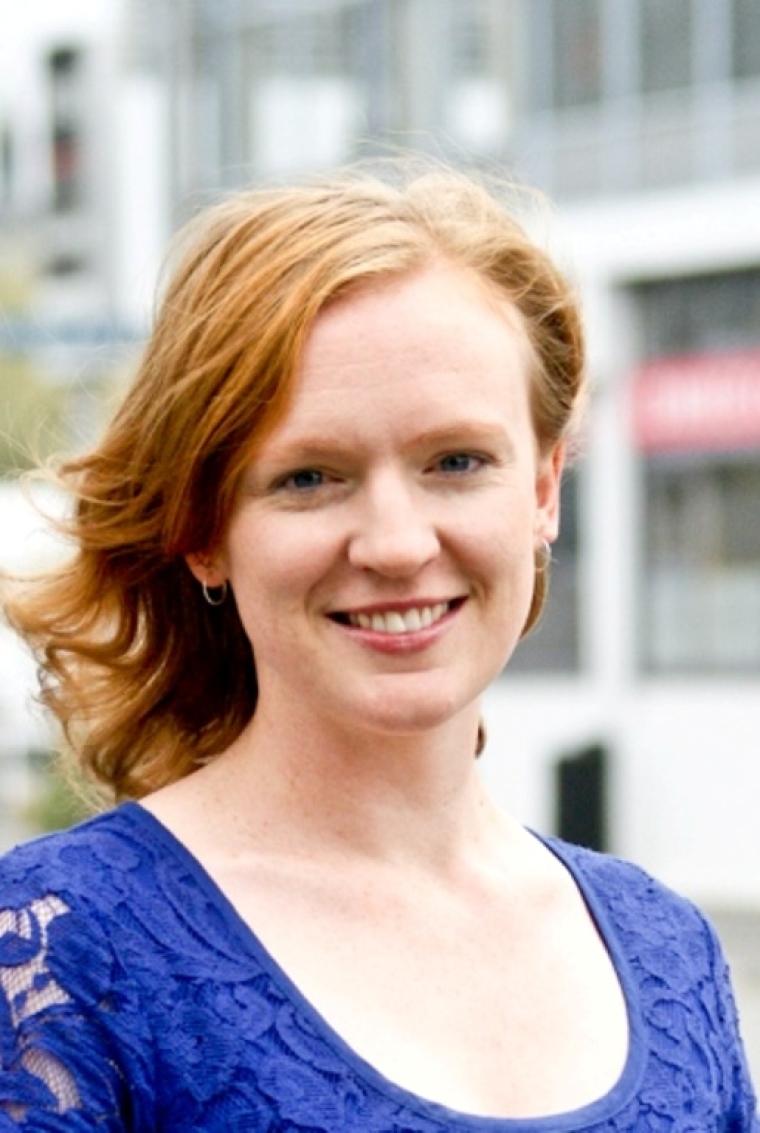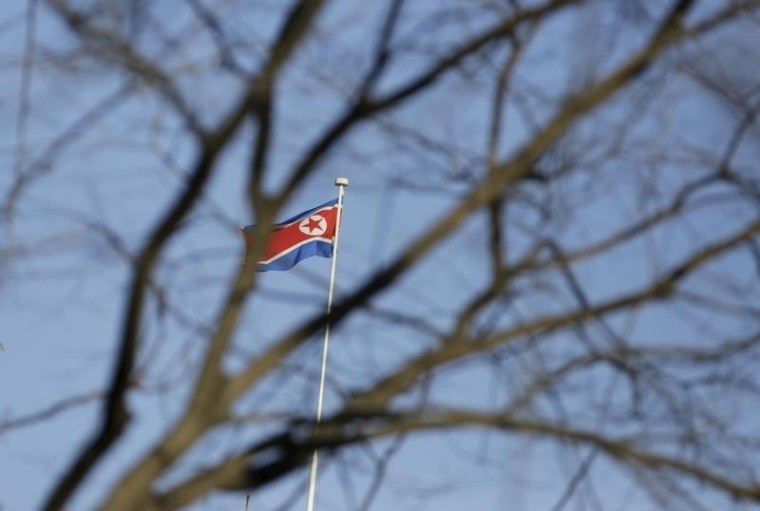

Microsoft co-founder Bill Gates sits at the top of the Forbes 400 list—a ranking he has easily held for the past couple of decades. Gates has a net worth of US $76 billion thanks to some very hard work and good business sense. Despite generously giving away a large portion of his fortune Gates continues to feature as one of the most powerful people on earth.
By comparison my own wealth and power are very insignificant; and yet the goals of financial success and worldwide recognition still sit there, glistening and unattainable. I am constantly driven by a desire for success and so often seek to find my worth in material things.
Too often my value lies in the things I do, the money I am able to earn or in the stuff I own.
Where does your worth lie?
The Christian faith calls us to find our true selves in something which cannot be measured or weighed. Our worth, identity and value is not to be found in the 'stuff' we own but in the one who created us. Jesus' teaching on where our worth should lie was as counter cultural back then as it is today.
He says: 'Do not store up for yourselves treasures on earth, where moths and vermin destroy, and where thieves break in and steal. But store up for yourselves treasures in heaven, where moths and vermin do not destroy, and where thieves do not break in and steal. For where your treasure is, there your heart will be also.'
Where is my treasure? Am I storing up treasure in the things of this world? By the world's standards I am no Bill Gates, but I still find myself holding too tightly to things which will ultimately be gone one day. I still find my love of 'stuff' keeps my mind on earth and not in heaven.
Jesus says that what the world has to offer will ultimately be meaningless: 'What good will it be for a man if he gains the whole world, yet forfeits his soul?' When Jesus returns—as he promised—each of us will stand bare, our souls exposed for what they truly are. No amount of riches or wealth will be worth anything.
This life is not the endgame
I sometimes envy those who seem to succeed despite their refusal to acknowledge God or follow his ways. The writer Asaph laments this in Psalm 73: 'They have no struggles; their bodies are healthy and strong. They are free from burdens common to man; they are not plagued by human ills.'
I know what it is to long for the freedom to embrace corruption when it suits me, or to focus on myself instead of serving others. Just like Asaph, sometimes the burden of being 'good' for God feels too heavy: 'Surely in vain I have kept my heart pure; in vain have I washed my hands in innocence.'
In my bitterness and sorrow I am reminded of the truth. This life is just a shadow of the next, my hope does not lie here on earth—like Jesus says—I need to remember to store treasures in heaven, not on earth.
Psalm 73 charts Asaph's journey to realising his true identity lies not on this earth—but in things unseen and unmeasured: 'Whom have I in heaven but you? And earth has nothing I desire besides you. My flesh and my heart may fail, but God is the strength of my heart and my portion forever.'
As a Christian this earthly life is not the endgame. It's not the final curtain. The real thing is yet to come. I am not what I own.
With this realisation comes the freedom to be generous, the freedom to deny myself and follow Christ. If I do not need to be concerned with building my own wealth and satisfying my own comfort, then I am free to serve others and to pour out my life liberally.
Sophia Sinclair has qualifications in English, Theatre and Journalism. She is a Kiwi living in Sydney with her husband Andrew and their son Guy.
Sophia Sinclair's previous articles may be viewed at http://www.pressserviceinternational.org/sophia-sinclair.html
